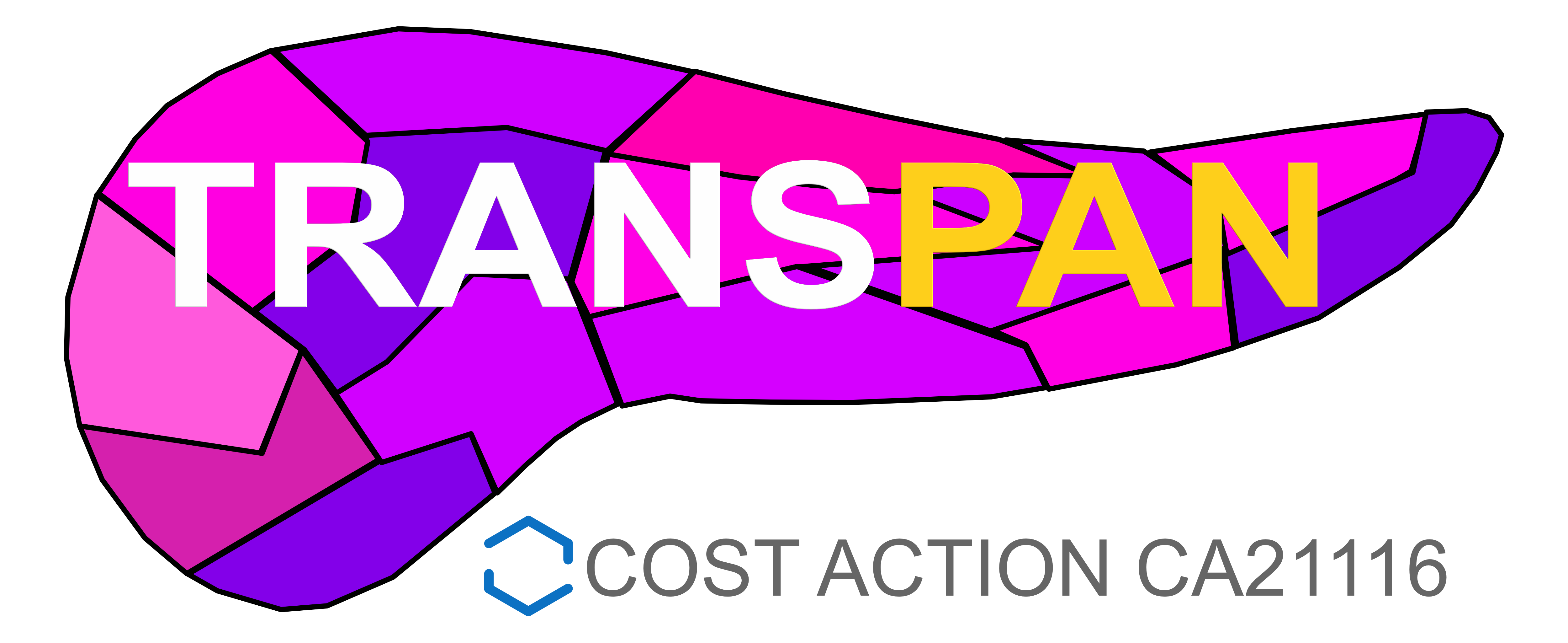COST Workshop: Modelling Treatment Response in PDAC was hosted in Madrid, Spain
June 12, 2025Madrid, May 30th, 2025 — Ramón y Cajal University Hospital / IRYCIS
On May 30th, 2025, the Ramón y Cajal University Hospital and its research institute IRYCIS in Madrid hosted a one-day workshop dedicated to modelling treatment response in pancreatic ductal adenocarcinoma (PDAC). The event was organized within the framework of a COST Action focused on translational research in pancreatic cancer, and it targeted early-stage researchers across Europe.
A Full Day of Hands-On Scientific Training
The workshop welcomed 12 young researchers — including PhD students, postdoctoral fellows, and research assistants — from nine countries: Spain, Germany, Italy, Slovakia, Greece, Turkey, Ireland, Portugal, and the UK.

The program was divided into two main sessions, combining theoretical lectures with interactive group work and practical case studies.
Morning Session: Precision Oncology in Pancreatic Cancer
In the first part of the day, participants worked in teams to design preclinical experiments aimed at exploring treatment responses in hereditary versus sporadic PDAC. The exercise involved selecting and justifying advanced experimental models (in vitro and in vivo), formulating hypotheses, and presenting study proposals to the group.
Learning objectives included:
-
Developing critical thinking and experimental design skills.
-
Evaluating in vitro and in vivo models (e.g., organoids, GEMMs, PDXs).
-
Justifying model choice based on scientific rationale.
-
Collaborating effectively within multidisciplinary teams.
Afternoon Session: Liquid Biopsy and Biomarker-Guided Clinical Trials
The second part of the workshop shifted focus to clinical and translational applications, with two main hands-on activities:
-
Clinical Case Study: Participants created a personalized diagnostic and therapeutic strategy for a PDAC patient, integrating molecular tools (e.g., liquid biopsy) and defining sampling plans and ethical considerations.
-
Trial Design Challenge: Groups were tasked with designing an innovative clinical trial incorporating genetics and biomarkers to guide treatment — going beyond the standard clinical approach.
Learning objectives:
-
Integrate omics and clinical data for personalized care.
-
Design biomarker-informed clinical strategies.
-
Navigate ethical and logistical aspects of molecular profiling.
-
Practice interdisciplinary thinking and communication.

This COST workshop offered a valuable platform for young scientists to deepen their knowledge, exchange ideas across disciplines, and foster innovation in PDAC research through collaborative and practical learning.
Some Pictures





